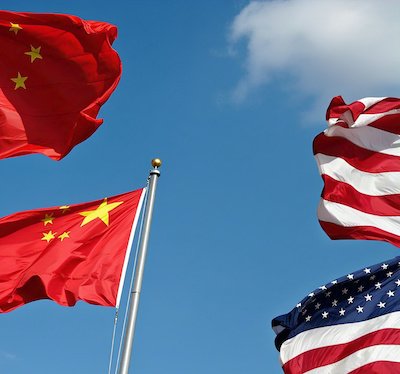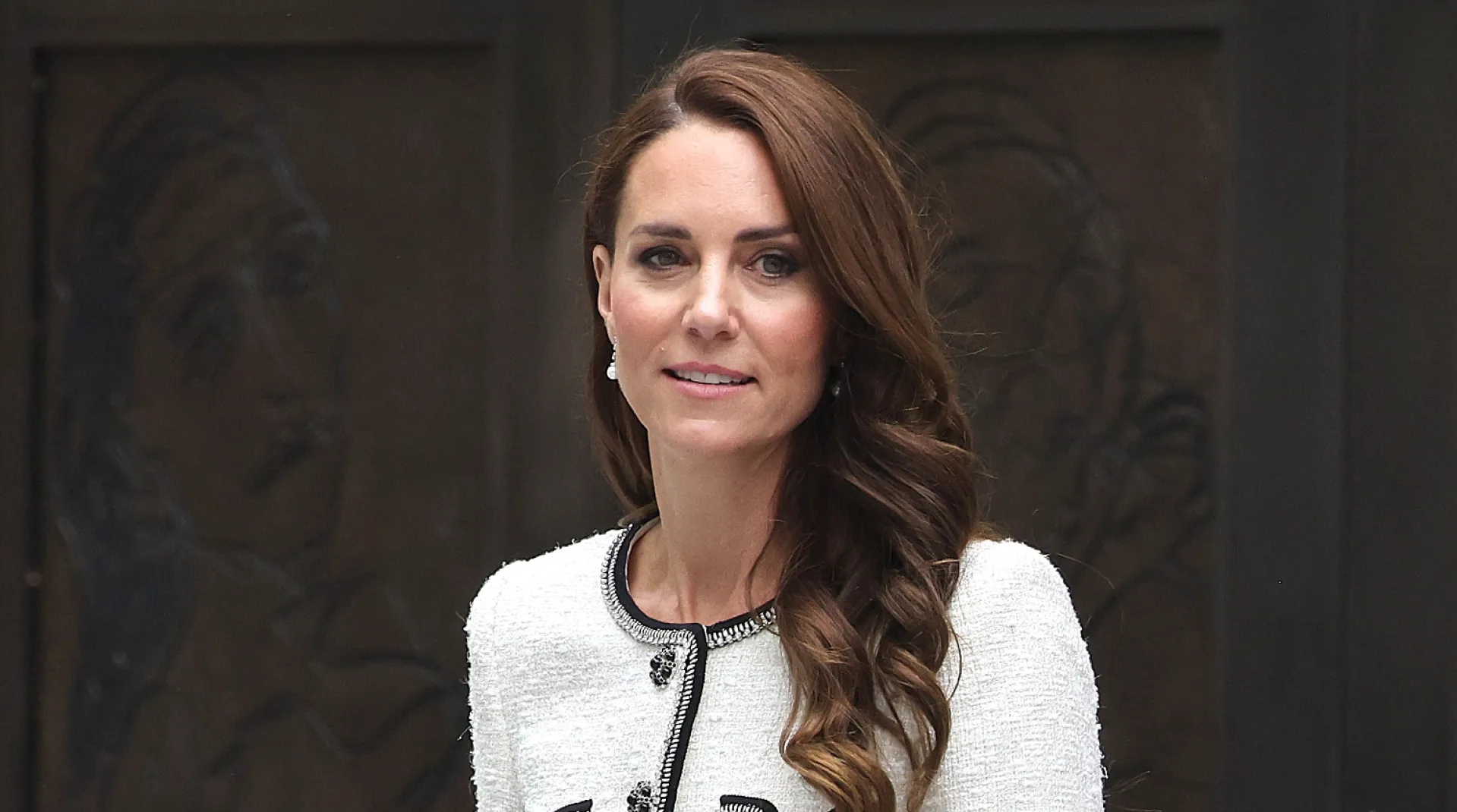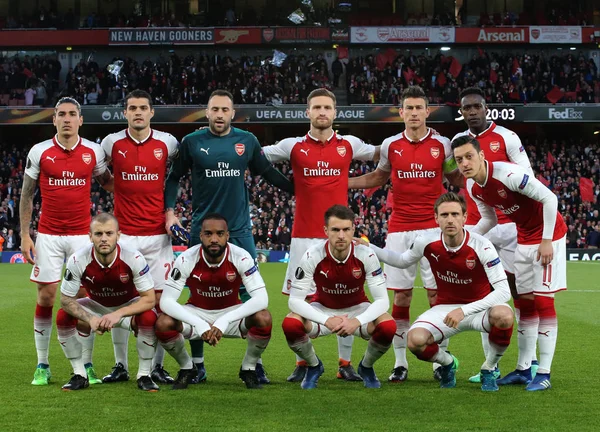Trade Tensions Escalate: China Denies Talks as U.S. Officials Signal Hope

China firmly rejected claims on Monday that any discussions were taking place to end its tariff war with the United States. Responding to recent remarks made by President Donald Trump and his aides suggesting ongoing negotiations, Chinese Foreign Ministry spokesman Guo Jiakun clarified at a press conference that no consultations or talks regarding tariffs were underway.
Adding to the skepticism, Guo also dismissed Trump’s previous assertion during an interview with Time that Chinese President Xi Jinping had called him directly. According to Guo, there had been no recent communication between the two leaders, further underscoring Beijing's strict posture toward Trump’s heavy 145% tariffs on Chinese imports, which have strained U.S.-China relations.
While the Trump administration maintains that the U.S. is in a stronger position to endure and ultimately win a trade war, American businesses and economic analysts are warning of severe repercussions. Potential consequences include soaring prices, product shortages, and even the closure of retail stores as the impact of disrupted supply chains begins to ripple through the economy.
Despite these growing concerns, some officials within Trump's circle appear increasingly willing to engage China in dialogue. Secretary of Agriculture Brooke Rollins suggested on team that conversations with China were happening "every day," although Chinese officials continued to deny any such exchanges. Rollins argued that China stands to lose more than the U.S. if the conflict persists, reflecting the administration’s strategic confidence.
Treasury Secretary Scott Bessent also addressed the ongoing confusion, hinting that Chinese public denials were meant to serve a domestic audience. Although pressed for details, Bessent maintained that a negotiation process was indeed in place and reiterated his belief that the current tariffs imposed on China were unsustainable, predicting a "very near" de-escalation of tensions between the two nations.
On Monday, Bessent pointed to signs of a forthcoming resolution as he sought to calm fears of product shortages, assuring consumers that U.S. retailers had anticipated potential disruptions. Speaking on Fox News, he mentioned that supply elasticity and replacement goods would mitigate immediate impacts, emphasizing that the speed of de-escalation now largely depended on China’s next move.
Meanwhile, China's Ministry of Commerce remained steadfast, insisting that for any meaningful resolution, the U.S. must first withdraw its unilateral tariffs. This came in response to Trump’s vague statements about meetings between U.S. and Chinese officials. Although Trump continued to hint at active engagement, specifics remained elusive, leaving both markets and the public uncertain about the true status of U.S.-China trade negotiations.
What's Your Reaction?
















:format(webp)/cdn.vox-cdn.com/uploads/chorus_image/image/70136881/1347078605.0.jpg)





